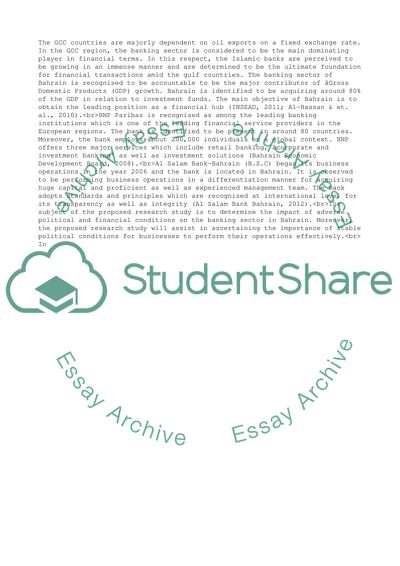Cite this document
(Banking and the political situation in Bahrain Essay - 1, n.d.)
Banking and the political situation in Bahrain Essay - 1. https://studentshare.org/macro-microeconomics/1801071-banking-and-the-political-situation-in-bahrain
Banking and the political situation in Bahrain Essay - 1. https://studentshare.org/macro-microeconomics/1801071-banking-and-the-political-situation-in-bahrain
(Banking and the Political Situation in Bahrain Essay - 1)
Banking and the Political Situation in Bahrain Essay - 1. https://studentshare.org/macro-microeconomics/1801071-banking-and-the-political-situation-in-bahrain.
Banking and the Political Situation in Bahrain Essay - 1. https://studentshare.org/macro-microeconomics/1801071-banking-and-the-political-situation-in-bahrain.
“Banking and the Political Situation in Bahrain Essay - 1”. https://studentshare.org/macro-microeconomics/1801071-banking-and-the-political-situation-in-bahrain.


